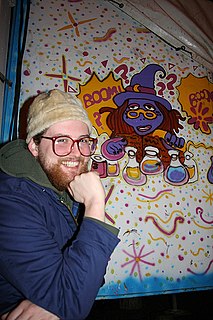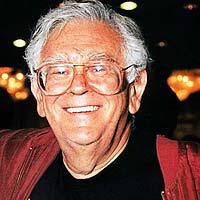A Quote by Lars Peter Hansen
It's kind of a funny way to put it, but if you want to study a dynamic economic system, what you'd like to be able to do is focus on the linkages, say, between asset markets and the macro economy without having to model everything at the same time.
Related Quotes
In the 40 years I've been working as an economist and investor, I have never seen such a disconnect between the asset market and the economic reality... Asset markets are in the sky, and the economy of the ordinary people is in the dumps, where their real incomes adjusted for inflation are going down and asset markets are going up.
I think what they've been doing is largely almost in firefighting mode without a good conceptual framework - either at the micro or the macro level. Micro, you would ask: "What kind of financial or banking system do we want?" Macro, you would say: "What are the underlying problems in the structure of our economy?"
I always want my mouth to be like two steps ahead of my brain and I want my hands to move without thinking. I want to be able to dive into my computer or use my controllers without having to be, like, "Hmm, what would be a good choice here?" You just want music to happen like the same way the sweat's rolling off my face.
Sometimes when I can't communicate that I'm frustrated, I'll just grab my guitar and I can play out that emotion and be able to cope with whatever is going on. So even being able to, like I said, share this gift with so many other people, it's definitely very therapeutic. It helps me just to focus and to be able to kind of get out those emotions that I'm having without reacting in such a way that's not acceptable in society.
It doesn't have the ability to think rationally this economic model. It thinks like a drug addict: 'Where can I get my next fix?' It doesn't learn wisely. Any kind of measure of natural wisdom would be: you make a mistake, you correct it the next time around. But a drug addict feels terrible... and then says: 'I want more'. Unfortunately we have an economic model that thinks like a crack addict.
We need to remake and reinvent our housing system so that it supports the flexibility and mobility of our economic system broadly. Home-ownership is rewarded by the federal tax code, which made great sense when that piece of the American Dream, and all the consumption that came with it, was essential to rebuilding the economy. These days, however, it feels like a huge penalty to people who want to travel light within the new mobile economy without a mortgage to hold them back.




































